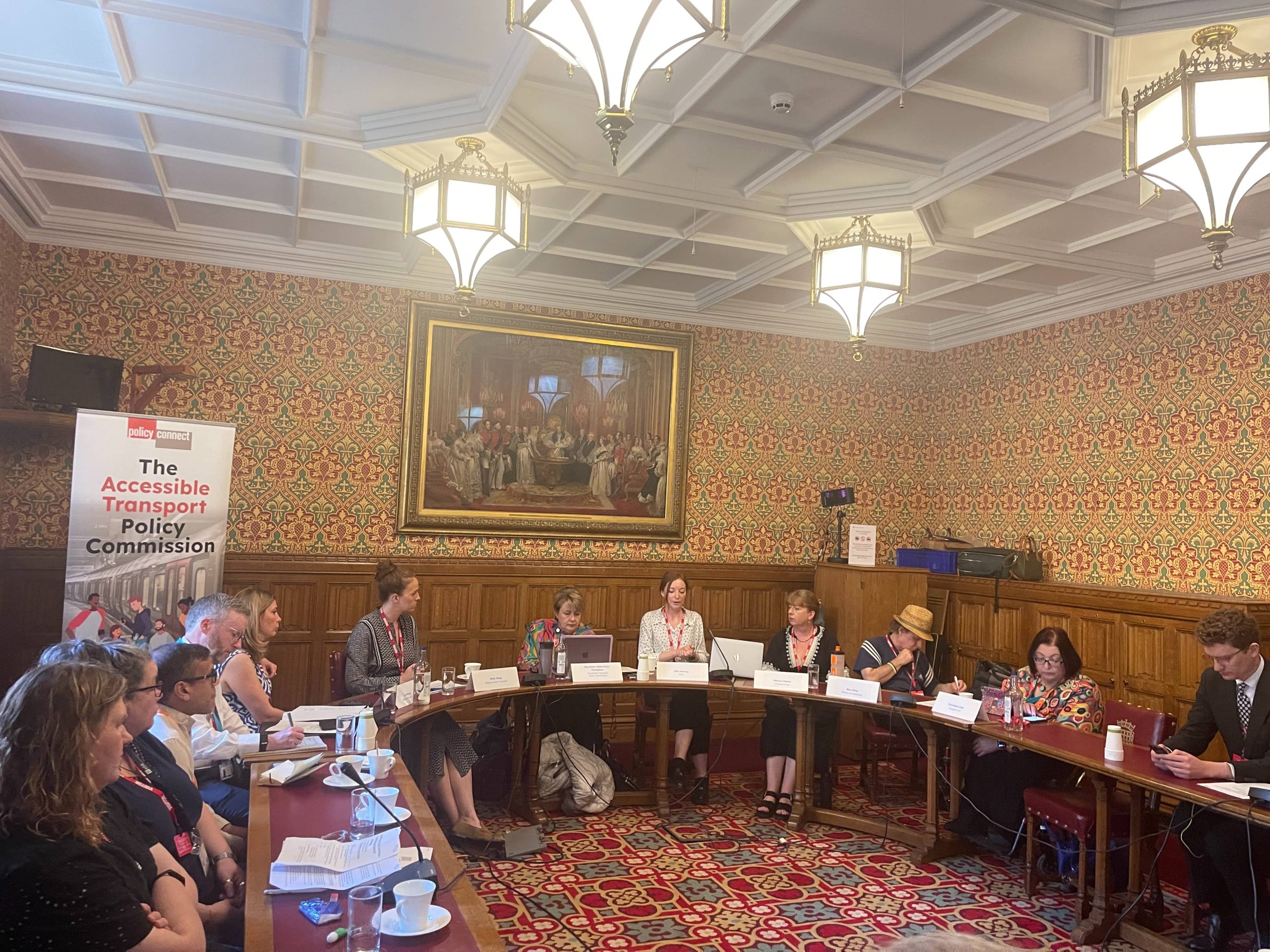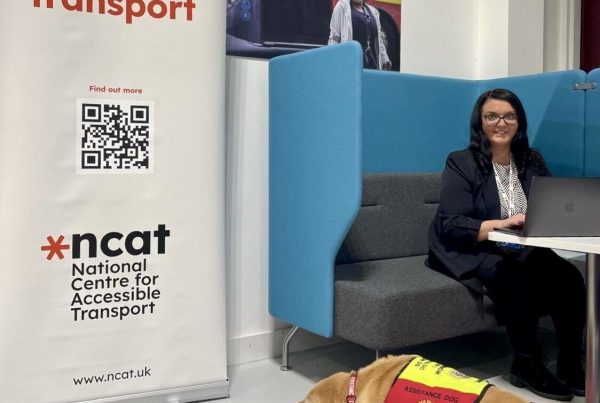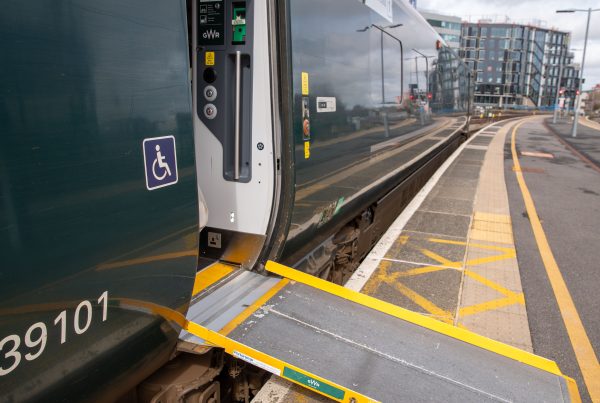
On Wednesday 18th June ncat’s Accessible Transport Policy Commission hosted our Summer Roundtable at the House of Lords on the Department for Transport’s Integrated Transport Strategy.
With Baroness Tanni Grey-Thompson chairing, Holly Greig from the DfT gave an overview of the strategy.
Their aims are:
-
- Put people first by shifting the focus from infrastructure-led planning to designing transport around people’s needs.
- Enable local decision-making by empowering local leaders to shape transport solutions tailored to their communities.
- Support government missions by using transport as a tool to improve equality and opportunity.
Eilis Garvey from ncat provided context on disabled people’s experiences of using transport across the UK by sharing the findings from the ‘Understanding and Identifying Barriers to Accessing Transport’ report particularly focusing on the impact of these barriers.
Christine Link from Ortegalink Ltd, Ben Foley from Wheels for Wellbeing and Sharon Payne from Transport East made up the panel which led the roundtable discussion on how the government can ensure that an integrated transport system is also an accessible one.
Contributors said that the government’s strategy must:
-
- Embed accessibility as a core, enforceable priority across all transport modes with unified accountability, strong leadership, meaningful disabled representation, and a cultural shift that treats accessibility as a fundamental right—not an optional add-on.
- Address the full journey—including access to and between transport modes—by recognising and accommodating the diverse mobility aids disabled people actually use, removing discriminatory policies like bans on e-cycles, and improving access to clear, reliable travel information.
- Prioritise accessibility, safety, and consistency in rural and urban transport systems by investing in people-focused planning, maintaining walking and wheeling infrastructure, supporting local authorities to make bold, inclusive decisions, and addressing gaps in service reliability, information, and connectivity.


